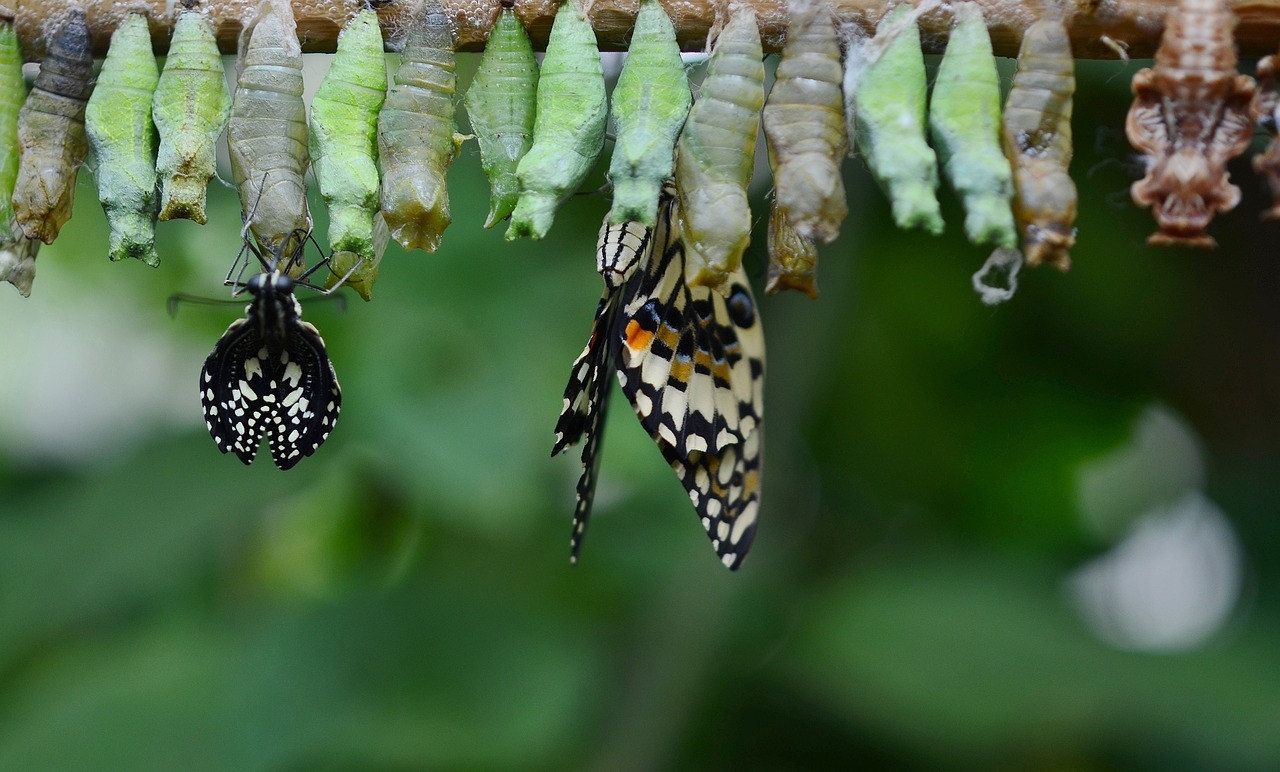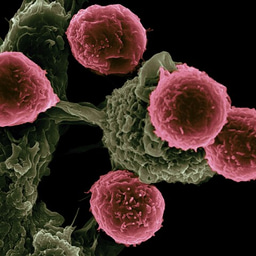FEBS Excellence Awardee spotlight: Guillem Ylla

Guillem Ylla leads The Laboratory of Bioinformatics and Genome Biology at the Faculty of Biochemistry, Biophysics, and Biotechnology of the Jagiellonian University in Krakow, Poland. He obtained a PhD in Biomedicine from the Pompeu Fabra University in Barcelona, and was a postdoc at Harvard University and at the University of Florida, USA, before moving to his current position. He received a FEBS Excellence Award (funds for equipment/consumables for early-career group leaders) in 2023.
What is your current research focus?
The main mission of my laboratory is to contribute to understanding the links between genotypes and phenotypes, which is one of the most captivating enigmas in modern biology. Our approach consists of developing and applying bioinformatic methods to study the different layers of gene expression regulations and their evolution.
For research organisms, we often use insects, one of the largest and most diverse animal lineages on Earth. Additionally, insect metamorphosis poses an excellent model to study how a single genome can produce different body plans, for example that of the larva compared to the adult, and how such mechanisms emerged and evolved. Specifically, in the project supported through the FEBS Excellence Award, we will study the role of epigenetics in the regulation and evolution of insect metamorphosis.
Lab website: https://ylla-lab.github.io/
What’s exciting in this field at the moment?
One of the most exciting technical developments in our field is the rapid expansion and increasing affordability of "omics" techniques. These methodologies are allowing us to gain an unprecedented level of resolution into the different layers of the gene regulatory networks and unlock the potential for a deeper understanding of the molecular basis of life. For example, with the advancement of spatial transcriptomics techniques, we are now able to detect simultaneously expression and location of hundreds of transcripts within a tissue with subcellular resolution. In the laboratory, we are now implementing these new types of methodologies to study early animal development, the complex process of making a complex organism from a single cell.
What drew you to work in this area?
I have always been fascinated by the natural world, and at the end of high school I knew I wanted to pursue a degree in a biology-related field. At the same time, I was good at programming and working with computers. Although bioinformatics was not yet a well-established field of study at that time, biotechnology was a growing discipline that touched on the technological and biological aspects to which I was attracted. It was during my bachelor's in biotechnology that I discovered the world of bioinformatics.
During my PhD, I began applying my bioinformatics skills to study animal evolution and development. At that time, I came to realise the potential of bioinformatics and "omics" data techniques to help answer fundamental questions about the natural world. This intersection of computational skills and fascination with the fundamental questions about biology is still what drives the current projects of my group.
How has time spent doing research abroad influenced your scientific career?
I have had the privilege to study and work in various countries, including China, Taiwan, the USA, Spain, and now Poland. Each of these places influenced me both as a person and as a scientist. Being exposed to different cultures, scientific traditions, and mentors has allowed me to discover new methodologies and perspectives in research. Observing phenomena through multiple cultural lenses has fuelled my creative scientific process.
In addition, these international experiences have left me with an extensive network of collaborators worldwide. These connections have enriched my research projects, facilitated exciting new collaborations, and enabled student exchanges. This global perspective and collaboration have been invaluable to my research.
How have you found being a group leader?
Very exciting, but sometimes challenging.
I find it particularly exciting and enjoyable to think about new projects, discuss them with colleagues, and design the research plan. And then, several months or years later, there is the unique thrill of listening to students present their results and discussing whether they align with our initial hypotheses. I also find it very rewarding to mentor students and watch them grow in maturity and independence.
By contrast, the most challenging part in these first years often came from the responsibility for the people in my group. After many years of only having to think about my own research projects, now as group leader I have the responsibility of making sure that there will be funds for salaries, obtaining money to acquire the equipment and reagents needed for their projects, ensuring that students theses are on track and they will be able to graduate on time, and so on. Knowing that the professional future of others might depend on you has often been a source of stress.
Despite the challenges, the opportunity to lead a research group has been immensely fulfilling.
What do you see as the most important role of a group leader?
I have been privileged to have some truly great mentors who helped me grow and mature as a scientist. When I think of what kind of group leader I want to be, it is often a mix of the best parts of each of them combined with my idiosyncrasy and circumstances.
Something that I really found important, and to which I strive in my group, is to have a diverse and multidisciplinary environment in which students and postdocs can develop as scientists. This means providing the resources and the space in which they can be creative and explore their own thoughts and ideas. This, however, has to be carefully balanced to ensure that all lab members are also making progress in projects that would allow them to graduate, publish, and move to their next career stage.
How will the FEBS Excellence Award help you as an early-career group leader?
One of the crucial points for an early-career group leader is to secure funding to set up the group, launch independent projects, and attract talented people. The FEBS Excellence Award helps in these points by providing funding for setting up the laboratory and starting new research projects, and providing platforms (such as this post) in which to gain visibility and reputation, which in turn helps us to attract talent to join us.





Join the FEBS Network today
Joining the FEBS Network’s molecular life sciences community enables you to access special content on the site, present your profile, 'follow' contributors, 'comment' on and 'like' content, post your own content, and set up a tailored email digest for updates.